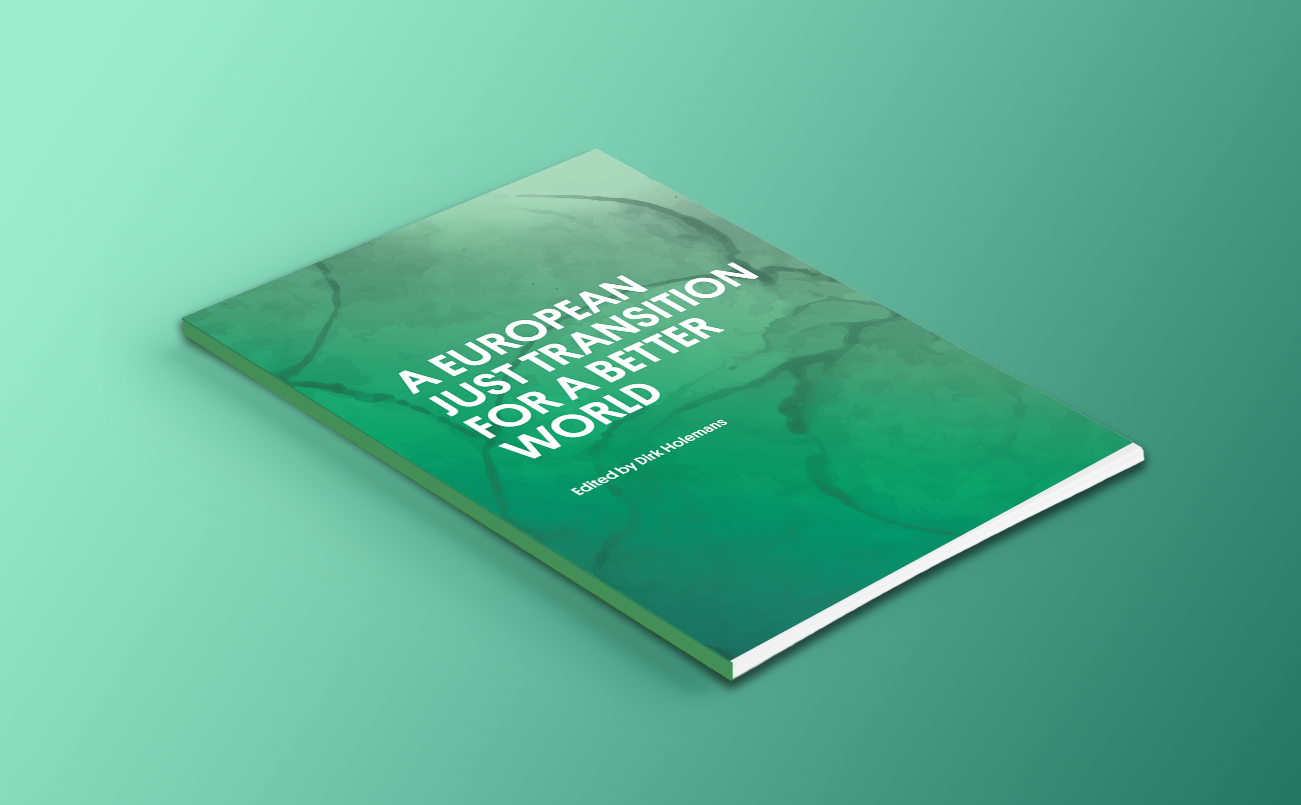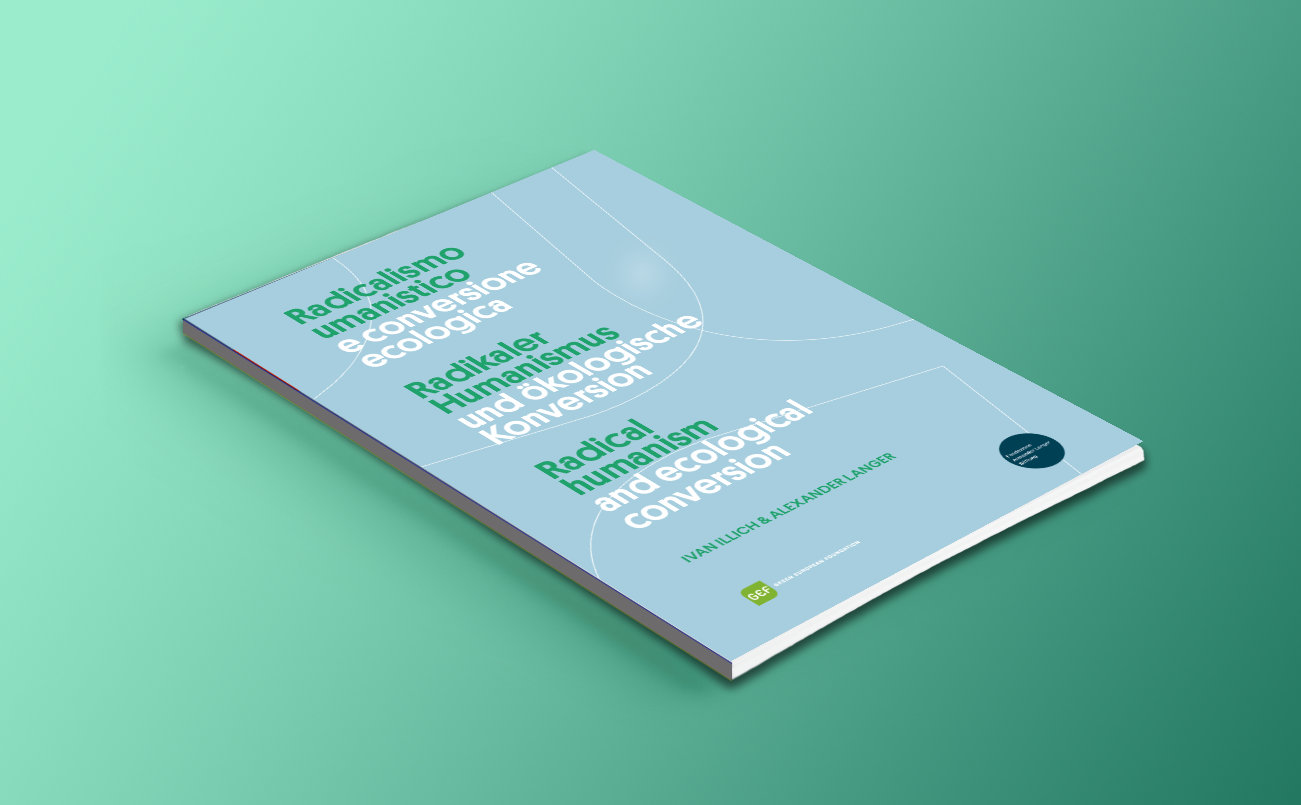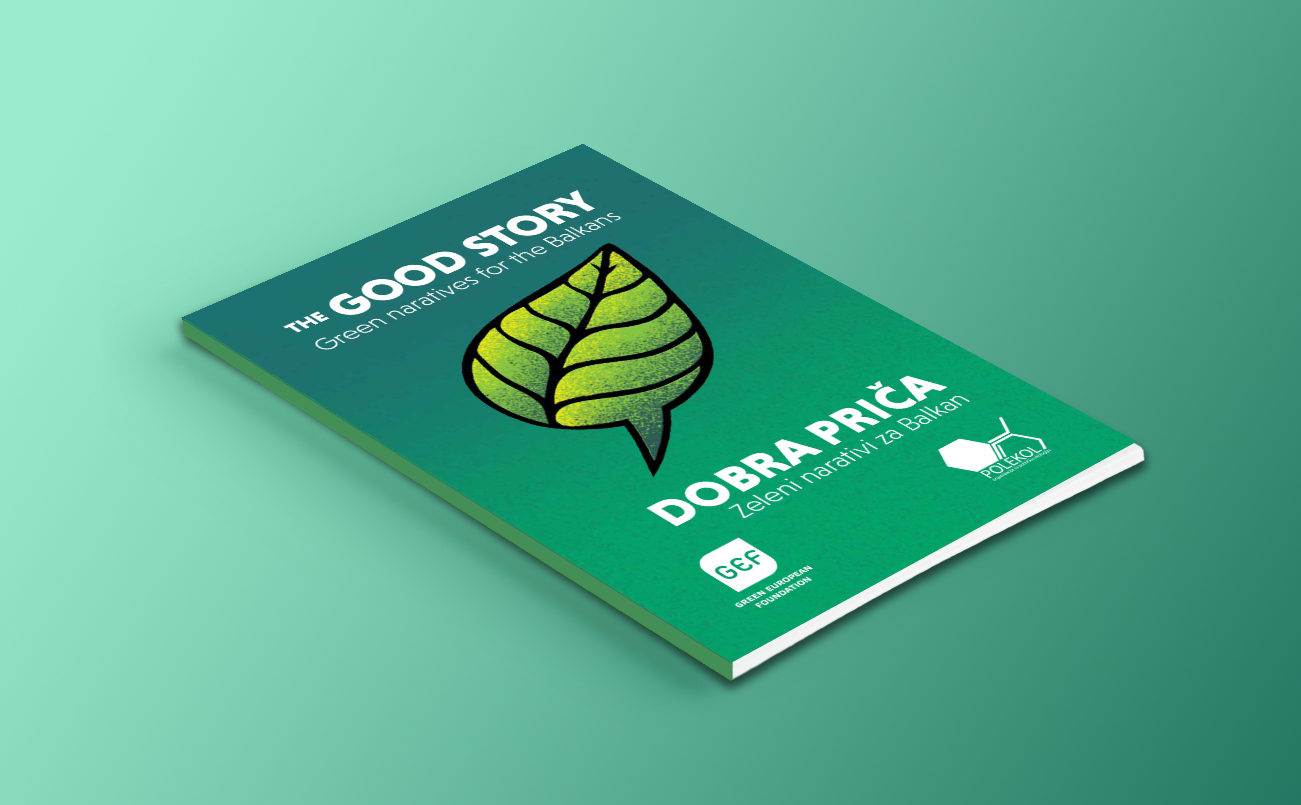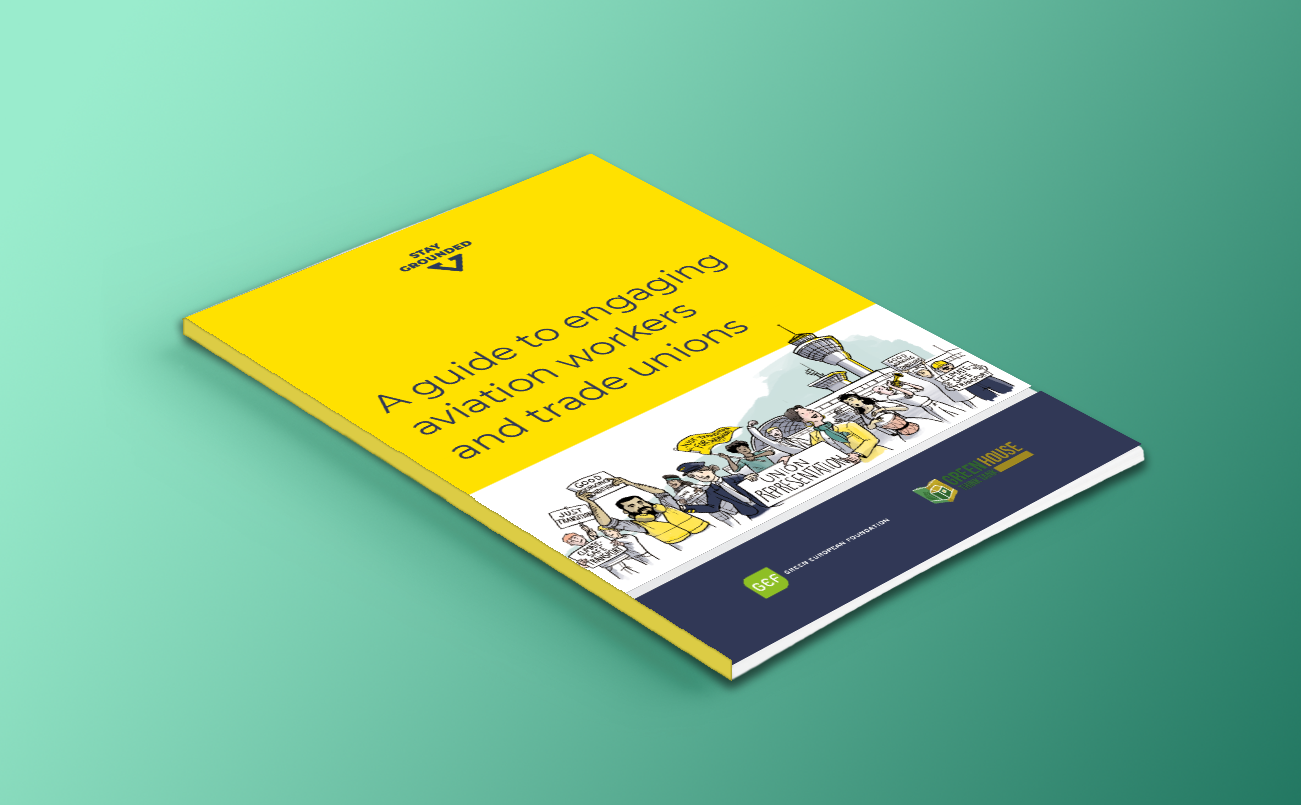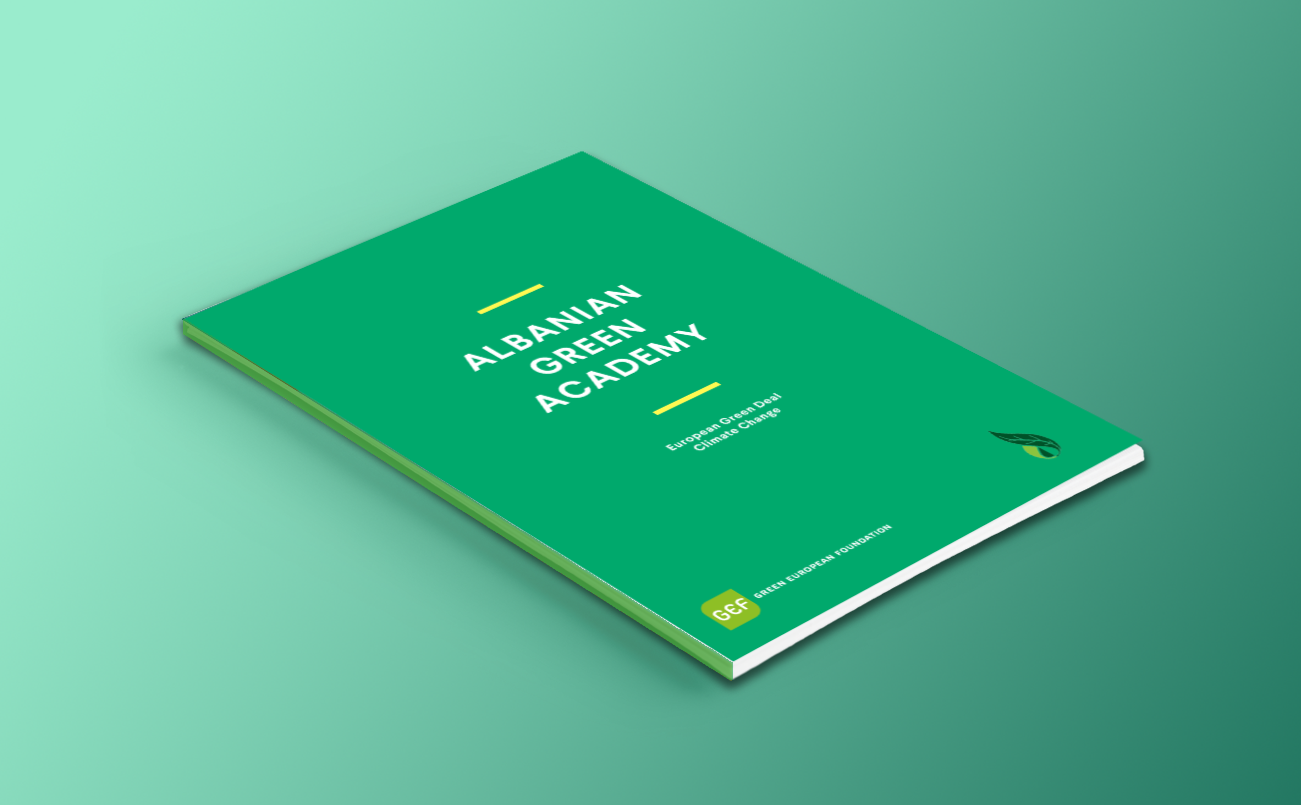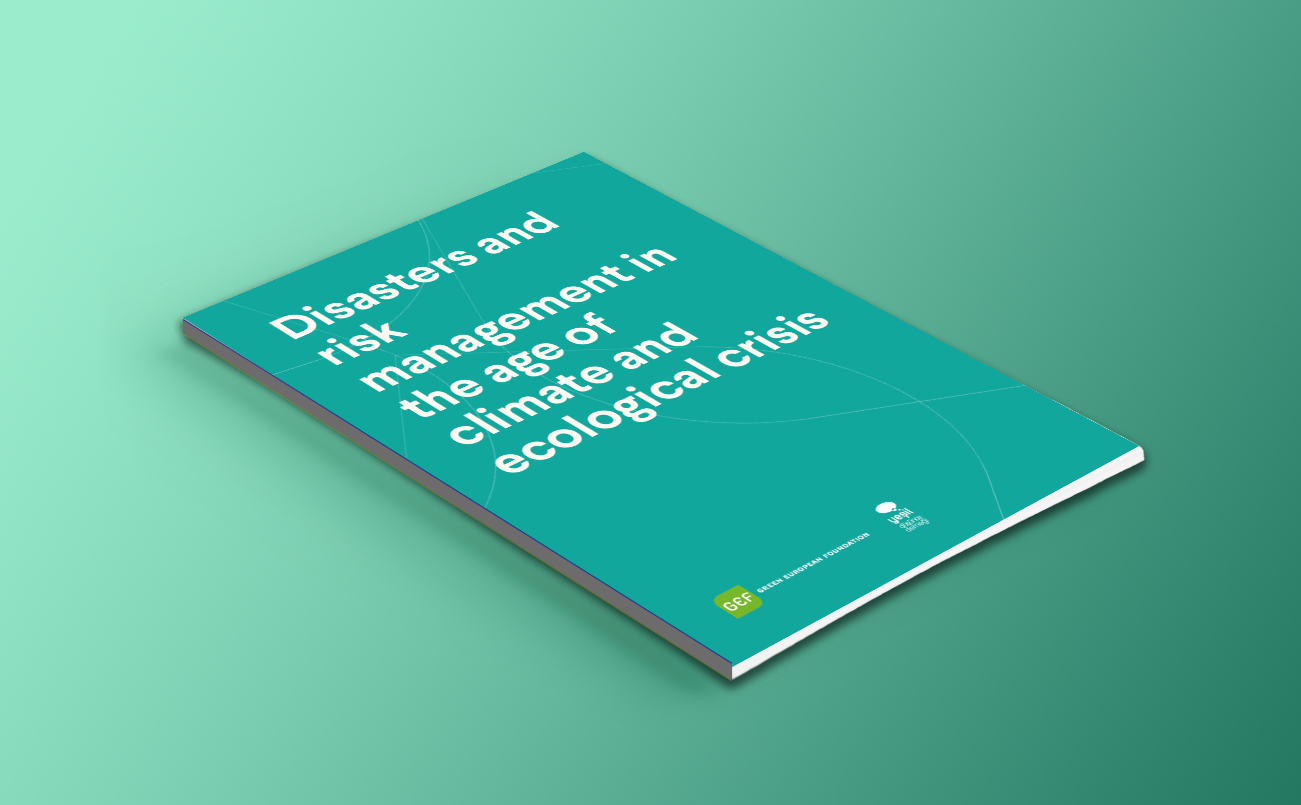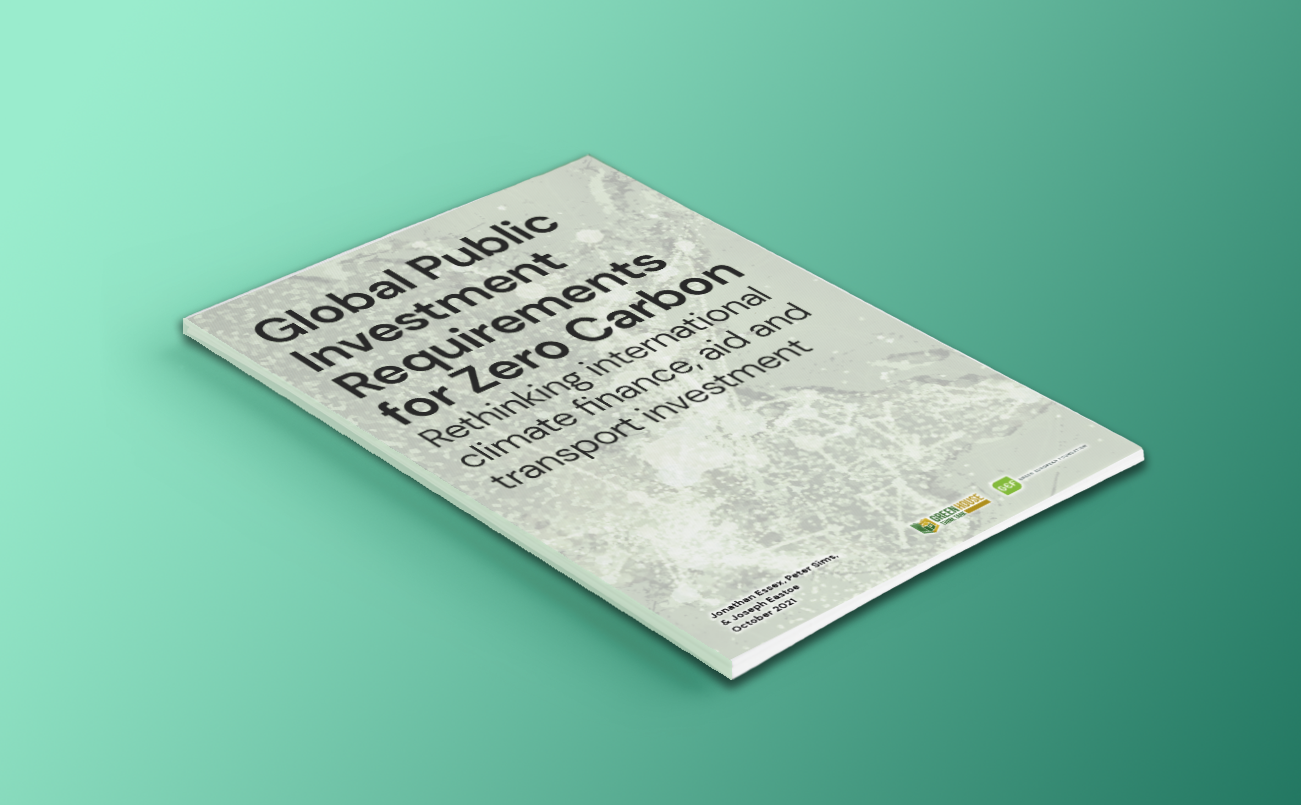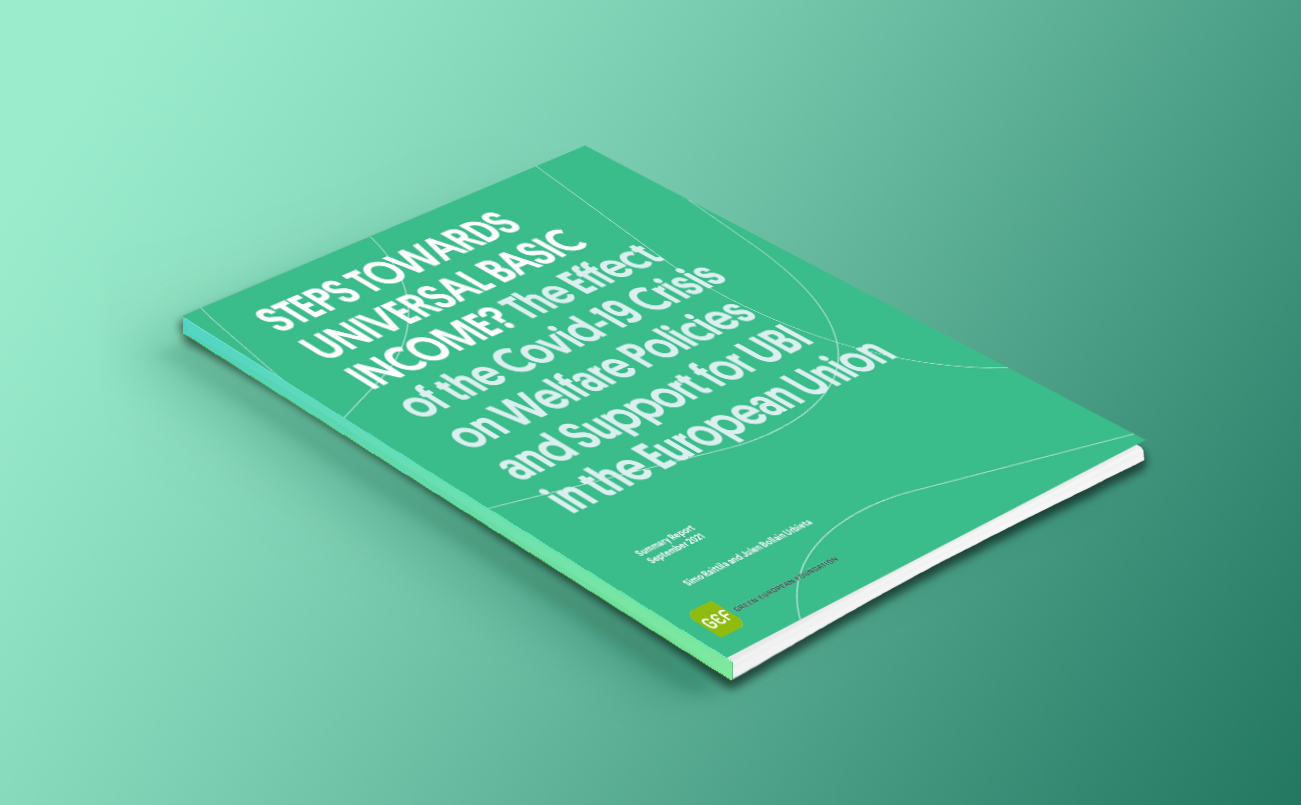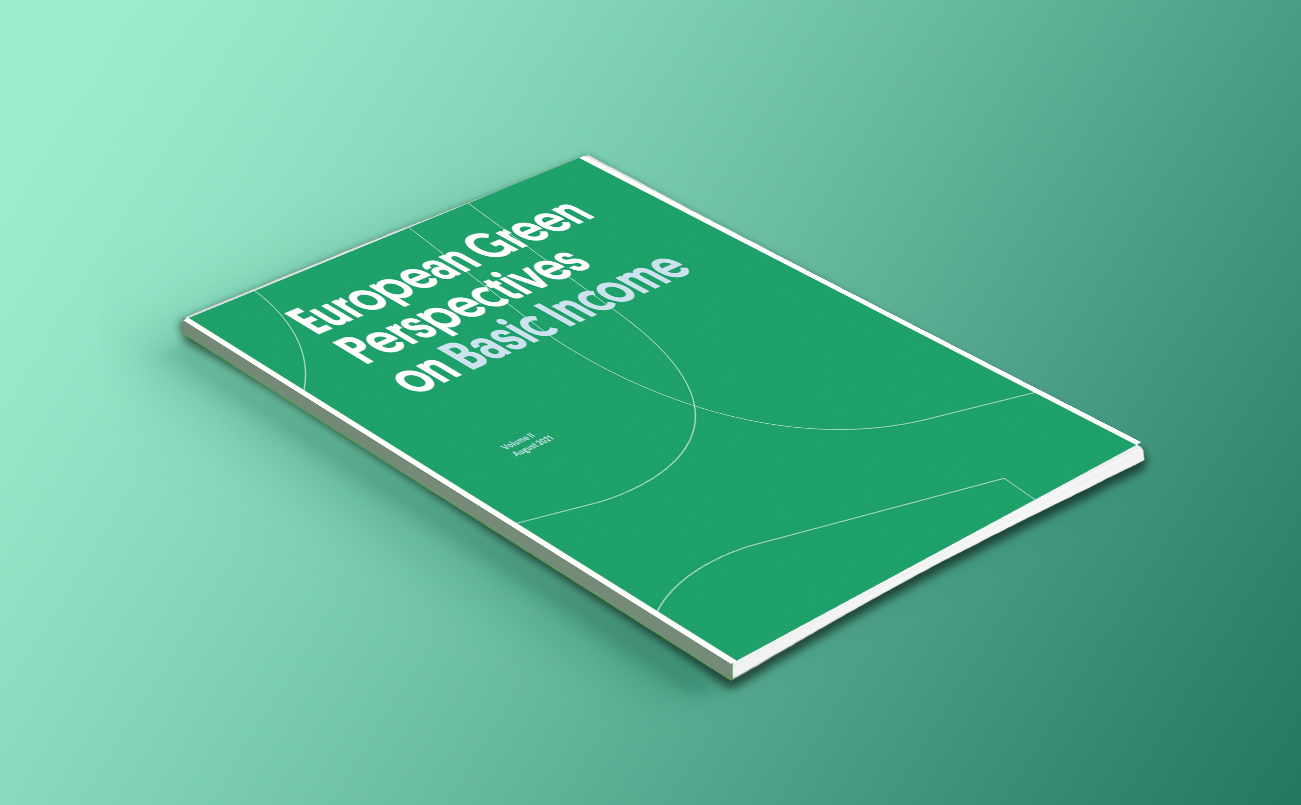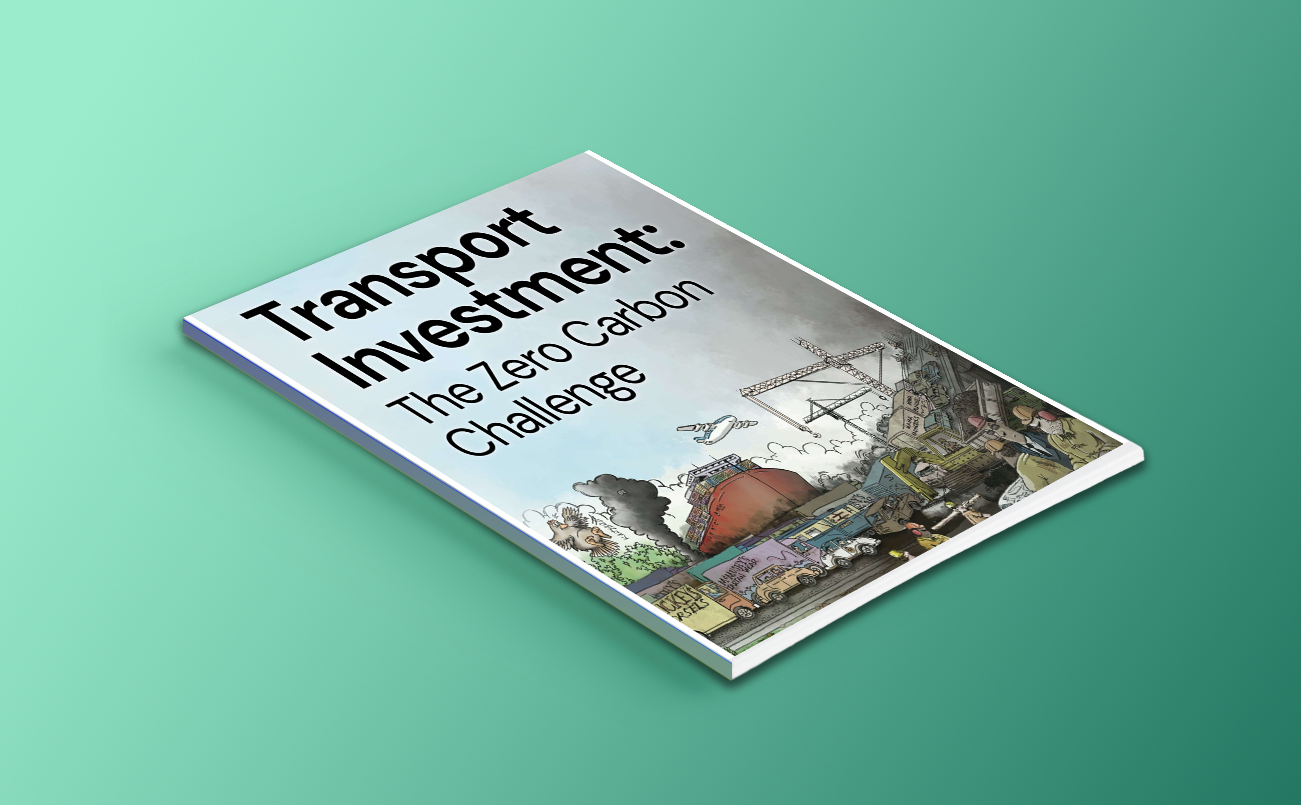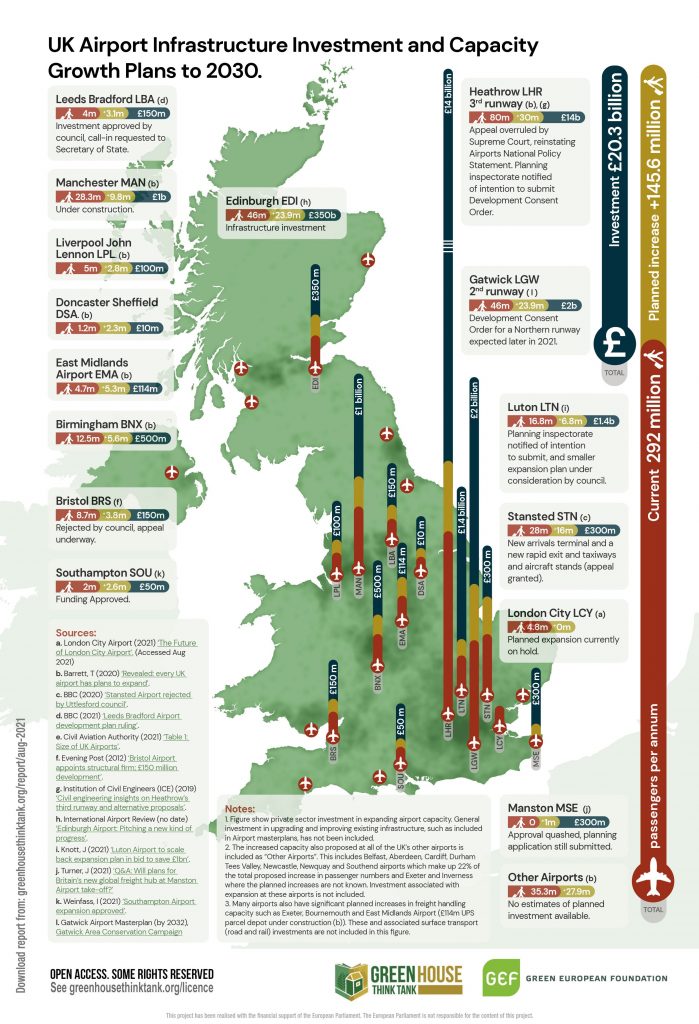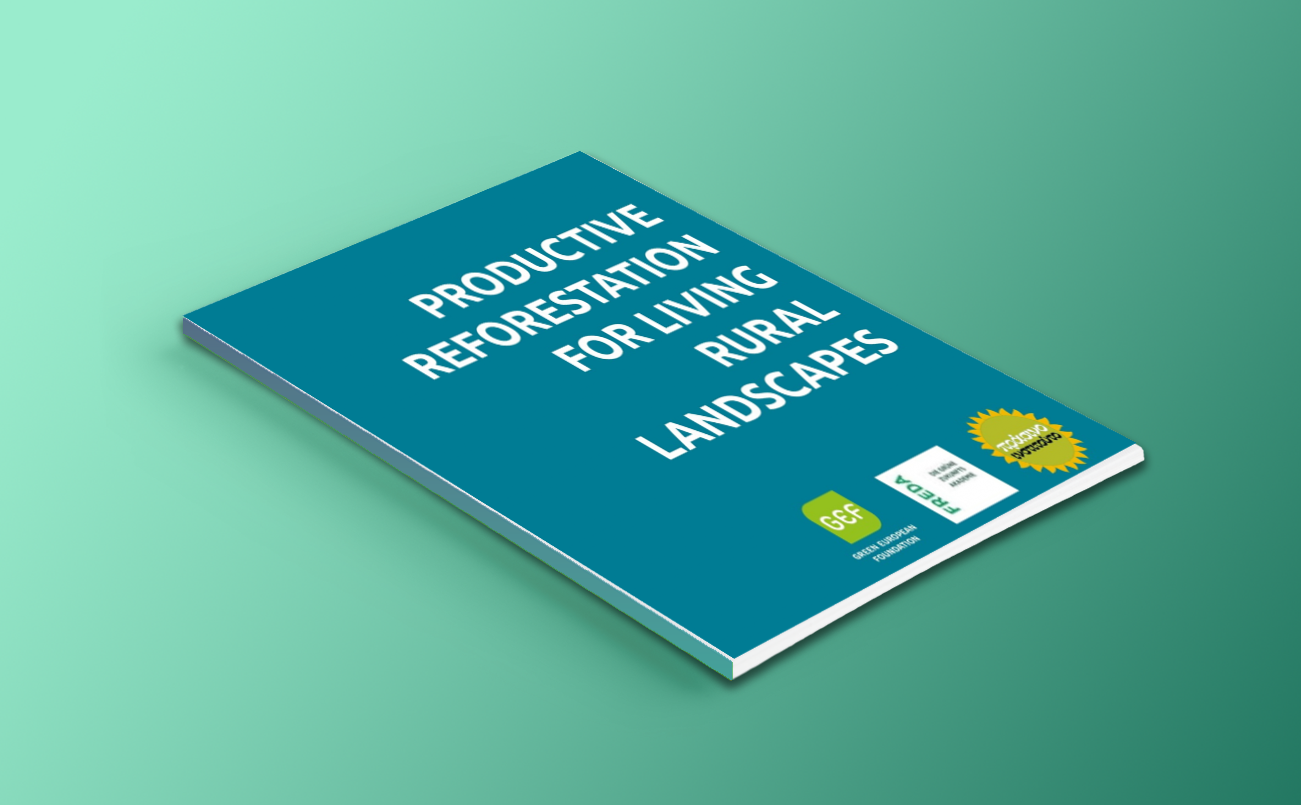
GALBA’s Vision for a Sustainable Local Economy (Group for Action on Leeds Bradford Airport)
Context
The Group for Action on Leeds Bradford Airport (GALBA) is a group of concerned citizens in West Yorkshire. They came together from a range of backgrounds and across the political spectrum to stop the proposed expansion of Leeds Bradford Airport (LBA), which they managed to do in 2022. Learn more here.
Following the COP26 Climate Conference in Glasgow, the Group for Action on Leeds Bradford Airport (GALBA) launched their new report: ‘A Green New Deal for Leeds City Region: GALBA’s Vision for a Sustainable Local Economy’.
We believe that local jobs and our fragile climate are best safeguarded by investing in a new green economy that supports sustainability whilst making sure our communities are employed in secure, productive and meaningful work.
Objectives
This report sets out concerns about the claims being made by Leeds Bradford Airport (LBA) around job creation. GALBA propose a more forward-looking, ambitious and achievable economy that reduces reliance on aviation and encourages investment in local communities, whilst addressing the other key challenges faced around transport, energy and food supply. “Our generation has seen the emergence of a human-created climate emergency. We must also be the generation to fix this, by making best use of our most precious resource–our people”.
Download
Also available in Spanish.
This report is published by the Green European Foundation with the support of Green House Think Tank and the financial support of the European Parliament. The European Parliament is not responsible for the content of this project.


